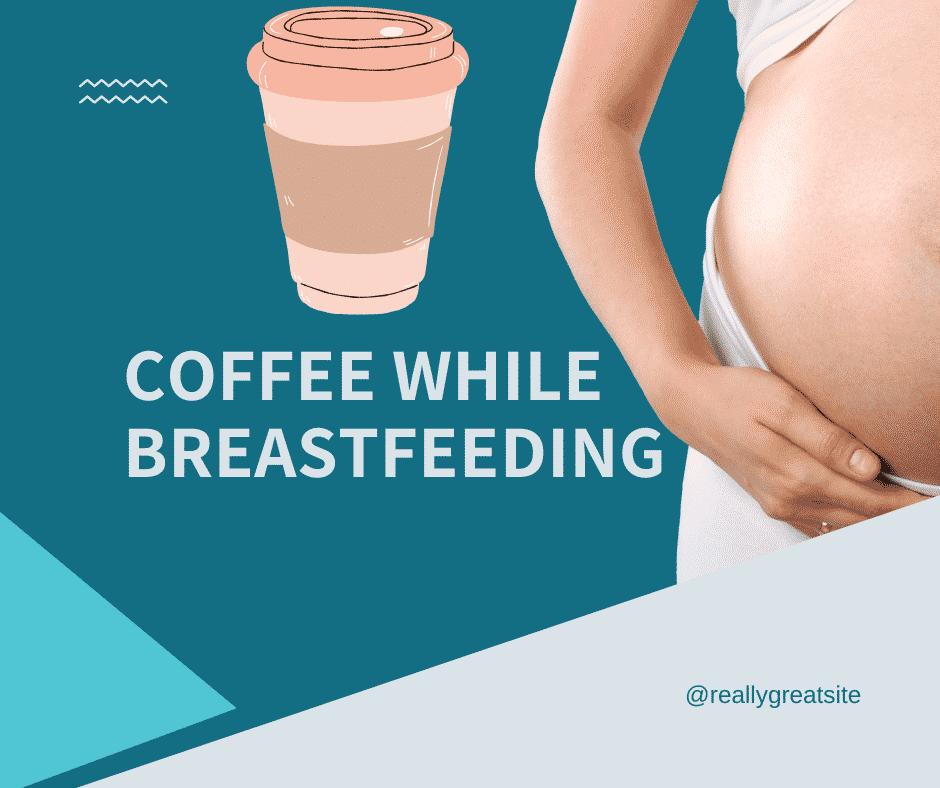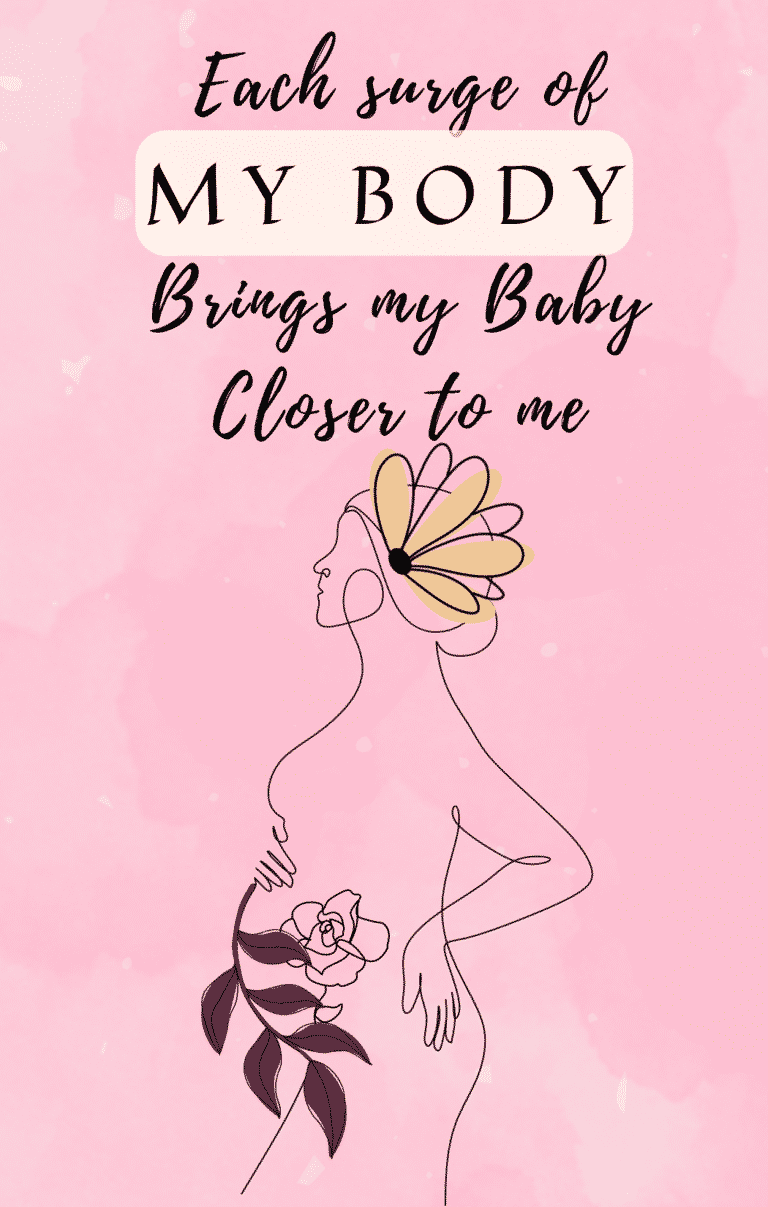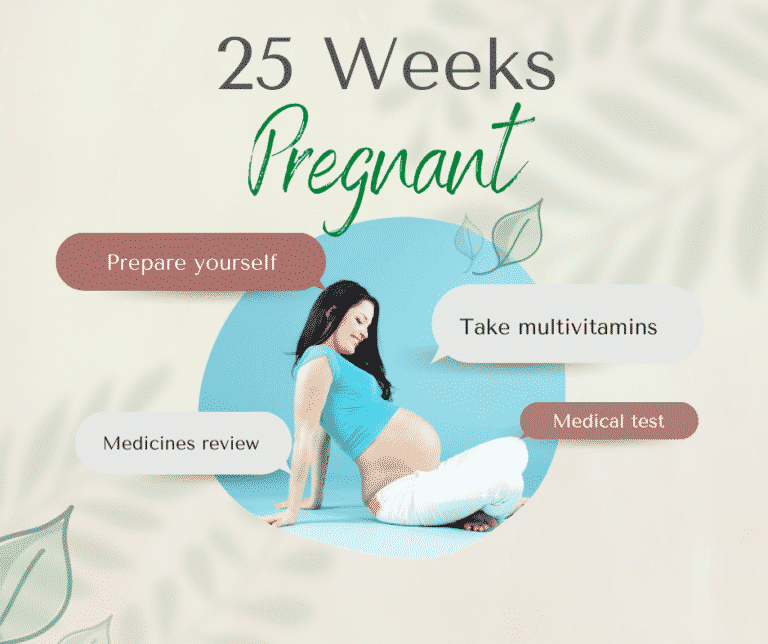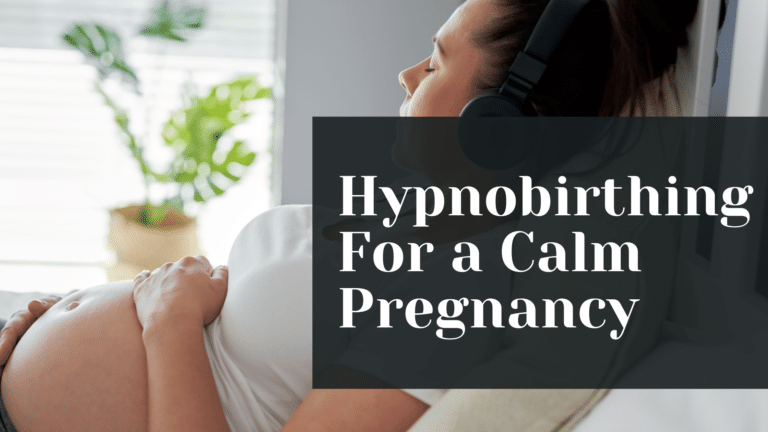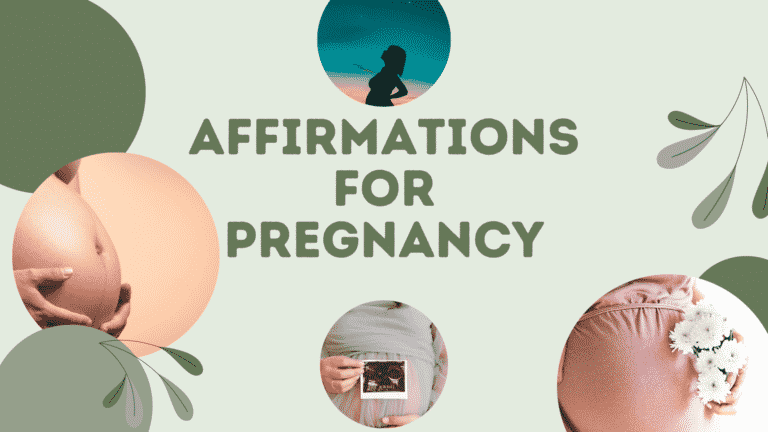Coffee While Breastfeeding: All you need to know about caffeine intake
Published on April 29, 2022 – Last Updated on April 29, 2022
Are you a breastfeeding mom who enjoys a cup of coffee to help jump-start your day? If so, you may be wondering how much caffeine is safe to consume. This blog post will give you all the information you need to make an informed decision about coffee while breastfeeding. So keep reading for tips on how to enjoy your favorite caffeinated drinks without compromising the health of your baby.
Introduction
Caffeine is a stimulant that can be found in many foods and drinks, including coffee, tea, cola, and chocolate. It is also added to some energy drinks and over-the-counter medications. Caffeine can cross the placenta and enter the fetal bloodstream, but it does not accumulate in the fetus. However, it does cross into breastmilk and can accumulate in a baby’s system.
The amount of caffeine that gets into your breastmilk depends on how much you consume and how long it takes your body to clear the caffeine from your system. Caffeine has a half-life of about 3-5 hours in adults. So if you consume 200 mg of caffeine, after 3-5 hours, only 100 mg will remain in your system. The half-life of caffeine in infants is much shorter, about 1-2 hours. So if you drink a cup of coffee with 200 mg of caffeine, your baby will receive approximately 50 mg of caffeine through your breastmilk.
So how much caffeine is safe for you to consume while breastfeeding? The American Academy of Pediatrics (AAP) recommends that nursing mothers limit their caffeine levels to less than 500 mg per day. This is the equivalent of about 5 cups of coffee. If you are sensitive to caffeine, you may need to consume even less to avoid adverse side effects.
Tips about caffeine consumption during breastfeeding
If you are a breastfeeding mom who enjoys coffee, there is good news! There are ways to enjoy your favorite caffeinated drinks while maintaining your baby’s health. Here are some tips:
- Avoid drinking more than 4 cups of coffee or other caffeinated beverages per day.
- Use decaffeinated coffee when possible.
- Limit or avoid caffeinated drinking drinks on an empty stomach, as this can increase the rate of caffeine absorption in your body.
- Consider cutting back on other sources of caffeine, such as soda and chocolate, to make it easier to limit the amount of caffeine you consume from coffee.
- Limit or avoid drinking high-caffeine energy drinks, which are not recommended for breastfeeding moms.
By following these tips, you can enjoy your favorite caffeinated drinks without compromising the health and well-being of your baby. If you have any concerns about caffeine intake while breastfeeding, be sure to speak with your healthcare provider.
Read our article that answers the question: can you drink coffee while pregnant to find out more about caffeine during pregnancy.
Is baby sensitive to my caffeine intake?
It is commonly believed that the maternal consumption of caffeine can be harmful to the baby’s development. However, many recent studies have found that this assumption may not be entirely accurate. While maternal caffeine intake is indeed linked to slightly lower birth weights and higher incidences of fetal distress, these results do not necessarily indicate that the mother’s drinking caffeine negatively impacts a baby.
Instead, it seems likely that this association is due to maternal physiological factors rather than any direct effects of too much caffeine on the baby. For example, mothers who consume high levels of caffeine may also be more likely to engage in other behaviors that are harmful to the development of the fetus, such as smoking or drinking alcohol. Thus, in order to determine whether maternal caffeine consumption actually poses a risk to babies, further research at an individual level will be needed. Regardless of the findings, however, it is essential for pregnant women to always consult with their doctors before making any significant changes to their dietary or lifestyle habits. After all, an informed decision is always better than an uninformed one!
How much caffeine should I consume while breastfeeding?
There is no single definitive answer when it comes to breastfeeding and caffeine consumption. Some sources suggest that mothers should consume no more than 2 or 3 cups of coffee per day, while others argue that the occasional cup here and there will not harm the baby. Ultimately, it is up to each individual mother to decide what level of caffeine she feels comfortable consuming. However, there are some key considerations to consider when making this decision.
For one thing, the amount of caffeine in a women’s milk depends on how much they consume themselves. Therefore, if you drink several cups of coffee every day, your baby will likely get much more caffeine than if you consume just one or two cups per week. Additionally, research has shown that babies may be more sensitive to the effects of caffeine than adults are. This means that any amount of caffeine in their system could potentially negatively affect their health and well-being.
Ultimately, while it is certainly possible to consume some caffeine while breastfeeding without harming your baby, it is important to be mindful of the risks and take steps to reduce or eliminate your intake as necessary. Whether that means cutting back gradually over time or avoiding coffee altogether, only you can decide what works best for you and your child.
Can caffeine affect breastfeeding?
There is no doubt that caffeine can have an impact on breast milk production. Caffeine is a stimulant, and it has been shown to increase breast milk output in some women. However, there is also evidence that high levels of caffeine can reduce milk production in other women. Therefore, breastfeeding mothers need to moderate their pattern of drinking coffee.
If you are drinking coffee or other caffeinated beverages, try to limit yourself to one or two cups per day. And be sure to check the labels of any over-the-counter medications you are taking; many contain coffee. By consuming caffeine in moderation, you can help ensure a healthy milk supply for your baby.
Is it safe to drink coffee or tea while breastfeeding?
There is a great deal of conflicting information about whether it is safe to drink coffee or tea while breastfeeding. Some sources say that consuming caffeine in any form can negatively affect breast milk and infants, while others argue that moderate caffeine consumption does not pose any risks. Overall, it seems that the answer to this question depends on multiple factors, including an individual’s coffee sensitivity and the specific caffeine content of the beverage being consumed.
At this time, most major medical authorities agree that drinking black tea or coffee in moderation is likely safe for breastfeeding mothers, as long as it does not cause excessive dehydration or interrupt sleep patterns. However, there may be some concerns about drinking green tea or herbal teas, which are often more heavily caffeinated than other varieties. Ultimately, the best approach is to consult with a qualified healthcare professional before making any significant changes to your caffeine intake while breastfeeding. By understanding your individual needs and tolerances, you can make informed decisions about how much coffee or tea is suitable for you and your baby.
What should I do if my baby reacts to caffeine in breast milk?
If your breastfed baby seems to be reacting negatively to caffeine in your breast milk, you may be wondering what to do next. First, it is essential to consider the possible causes of your baby’s poor sleep patterns. For instance, are they experiencing some pain or discomfort that is preventing them from getting enough rest? Additionally, it is important to look at their daily habits and routines for possible issues.
Do they have a regular morning cup of coffee or other caffeinated beverage? By looking closely at these factors and others, you can begin to uncover possible solutions that may help resolve your baby’s reaction to coffee in breast milk. For example, you could take some potential steps to switch up their sleep routine or cut out high-caffeine foods from your diet. Whichever route you decide to take, you will make the best decisions for both you and your baby by approaching the problem calmly and thoughtfully.
How much caffeine passes through breast milk?
Based on a recent study, caffeine passes through breast milk at levels that can significantly impact infant sleep patterns. This is especially concerning for parents of young babies who tend to wake in the middle of the night, as caffeine has been shown to prolong nighttime waking. One possible solution to this problem is to eliminate caffeine from your diet entirely by switching to decaf coffee and tea.
Another option is to limit caffeine consumption during breastfeeding, perhaps by only drinking caffeinated beverages earlier in the day or when preparing formula for nighttime feedings. Ultimately, regardless of your caffeine intake, it is crucial to be aware of how much coffee may pass through your breast milk and take action to protect your baby’s sleep health.
Tell me the effect of caffeine on breastfeeding babies?
Caffeine is a stimulant that can positively and negatively affect breastfeeding babies. On the one hand, coffee can help to increase alertness and wakefulness in newborns. This can be beneficial for infant development and bonding between mother and child. Additionally, some research suggests that caffeine may help to improve milk production in nursing mothers.
However, caffeine can also cause disruptions in sleep patterns and increase anxiety levels in both babies and adults. Therefore, it is important to limit caffeine consumption while breastfeeding. Moderate amounts of coffee are generally considered safe for nursing mothers and their infants. Still, it is always best to consult with a doctor or lactation specialist before consuming any caffeinated beverages.
Alcohol While Breastfeeding
Alcohol consumption is a complex and personal choice that has many potential effects on both mother and baby. However, when it comes to alcohol consumption while breastfeeding, there are several key considerations to keep in mind. First of all, it is essential to understand that alcohol can pass freely into breastmilk. Studies have found that consuming even relatively small amounts of alcohol can cause both mother and baby harmful side effects, including slowed growth, irritability, and drowsiness. Furthermore, drinking alcohol while breastfeeding may also delay the onset of mature milk-producing glands, which could affect infant nutrition.
Overall, if you are a nursing mother and choose to consume alcohol, it is essential to do so in moderation and at a time when your child will not be exposed. Talking to your healthcare provider about what is safe for you is also strongly encouraged. Ultimately, drinking responsibly while breastfeeding comes down to making an informed decision based on the best available information.
Takeaways
When it comes to alcohol consumption while breastfeeding, there are several key considerations to keep in mind. First of all, it is important to understand that alcohol can pass freely into breastmilk. In addition, studies have found that consuming even relatively small amounts of alcohol can cause negative side effects in both mother and baby, including slowed growth, irritability, and drowsiness. Furthermore, consuming alcohol while breastfeeding may also delay the onset of mature milk-producing glands, which could affect infant nutrition.
Overall, if you are a nursing mother and choose to consume alcohol, it is vital to do so in moderation and at a time when your child will not be exposed. Talking to your healthcare provider about what is safe for you is also strongly encouraged. Ultimately, drinking responsibly while breastfeeding comes down to making an informed decision based on the best available information.

